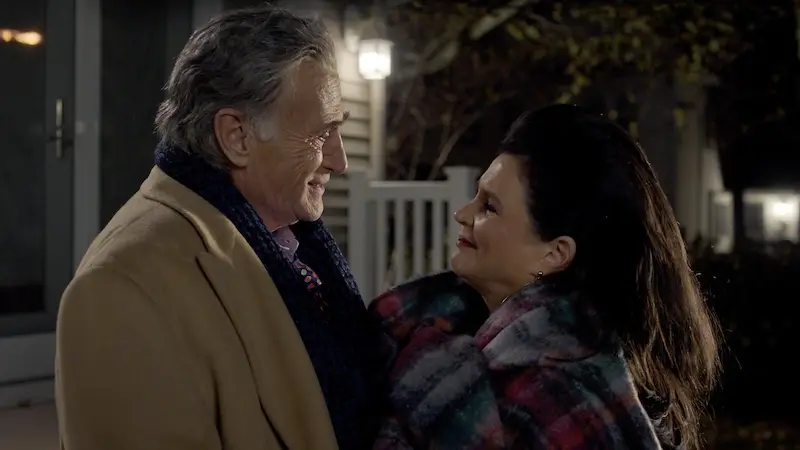Interview with writer Gregory Maguire
Daily / Interview - 25 November 2024
Author of the Wicked series of novels

Meet author Gregory Maguire, author of the Wicked series of novels, which has been adapted into a Broadway musical and recently opened in theaters. What do you think made your novel such a success? What was the key ingredient that made it a successful novel?
I think the novel championed the plight of the outcast in a prominent way, using a cultural icon of opprobrium (a green-skinned witch) as the target villain. I am not the first to do this—John Gardner wrote a novel called GRENDEL that personalized the great hero in BEOWULF. But I seem to have done it in the right moment, and with the right middlebrow cultural icon, to have drawn people to my novel with fervor.
You first published Wicked: The Life and Times of the Wicked Witch of the West in 1995. What do you remember from that time until it was chosen for the Broadway musical in 2003 and from there became a bestseller?
Actually, while the book never was on the New York Times list until after the Broadway show opened, it was a national bestseller (meaning it appeared on local bestseller lists in cities like San Francisco, Boston, etc.) for some time. It had sold three quarters of a million copies before the Broadway show opened. Now, of course, nearly thirty years later, we’re approaching seven million copies in the United States alone. It is back on the bestseller paperback list in the New York Times this week, I’m told. In the intervening eight years between the book’s first publication and the opening of WICKED on Broadway, I found myself more and more recognized as a cultural writer, with my novel CONFESSIONS OF AN UGLY STEPSISTER also selling a million copies in the first couple of years.
Is there a character in your novels to whom you feel closest or most attached?
In the novel WICKED (as opposed to the screen or theater versions) Elphaba has a teenage son named Liir. He is needy, cranky, and uncertain about life, and in that way he is a foil to his supposed mother, the Wicked Witch of the West. Later on I tell more of his story in SON OF A WITCH.
What did you like best about the musical version of your novel?
The play (and the movie) makes more obvious what in my novel I had only hinted at—that there is a very deep emotional bond between the characters of Elphaba and Glinda, and that both of them are interested in Fiyero, the prince from the west. i had not wanted to make this very obvious, because it is a bit soap-opera to me, but I put enough small clues in that those readers who wanted to imagine such could do so freely and with a little confidence. The play, using different tactics to get its morals across, is more obvious in that development. I don’t mind it. It still is rather blatant, though, where I prefer the subtlety of not being sure—of tolerating the ambiguity of maybe so / maybe no.
Can you tell fans of your novels when you are working on new stories and what they are about?
I have a new book coming out in four months called ELPHIE: A WICKED CHILDHOOD. This novel takes the missing years of Elphaba’s life— ages 3 to, say, 16— and fills in the details. Some of this was inspired by a few short sections I had to extract from the original novel because it was too long. Much of it, though, is new invention designed to make more human not only the unfortunate child, but her sister Nessarose and both her parents. I have done it now both to capitalize on the return of interest to Elphaba’s story, of course, but also because as I am thirty years older than I was when WICKED was published, I know that anything more I may want to say about my view of the world of Oz is something I should say now.
© All right Reserved












